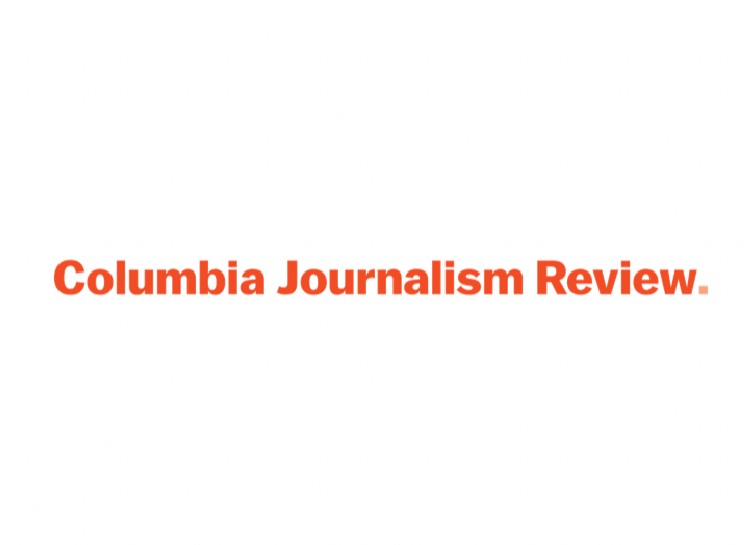Facebook pledged to remove misinformation about COVID-19 vaccines. This was a meaningful change—previously, falsehoods about vaccines were downranked in its algorithm—but as is always the case with Facebook, there are caveats. Because the vaccines are new, it will likely take time to identify and remove bogus claims about them and, as CNN’s Oliver Darcy pointed out, the new rules leave “a lot of room for bad faith actors to get their points across.” Compared with rivals like TikTok and YouTube, Facebook has been slow to announce tough action against COVID-vaccine misinformation; YouTube started removing false claims about the vaccines back in October. And even that may have been too late. Bunk about COVID treatments and immunity pills has been swimming across social media for months—since long before any legitimate vaccine reached the latter stages of development.
Misinformation about vaccines, of course, long predates social media—it has circulated, in one form or another, for hundreds of years, and was supercharged in the nineties by false claims linking the triple-shot measles, mumps, and rubella vaccine to autism in children. But social media has made matters worse. Recently, Facebook moved to take down popular accounts (as opposed to individual posts) that were prolific spreaders of misinformation about vaccines—but as NBC’s Brandy Zadrozny wrote this week, smaller Facebook groups, too, can do a lot of harm. Even with the new policy in place, it will be hard to track them all down. Neil Johnson, a researcher at George Washington University, has observed that, since the pandemic began, anti-vax sentiment has spread across innocuous-sounding online communities—groups for pet lovers, parents, yoga fans—and has likely reached more than a hundred million Facebook users. “The anti-vaccination network is all about passing on narratives, passing on stories, supporting each other, just like an insurgency,” he told Zadrozny, “and just like an insurgency, it is embedded with the mainstream civilian population.” (Anti-vaxxers in the UK have gone so far as to distribute a printed conspiracy newspaper in order to circumnavigate online fact-checkers.)


